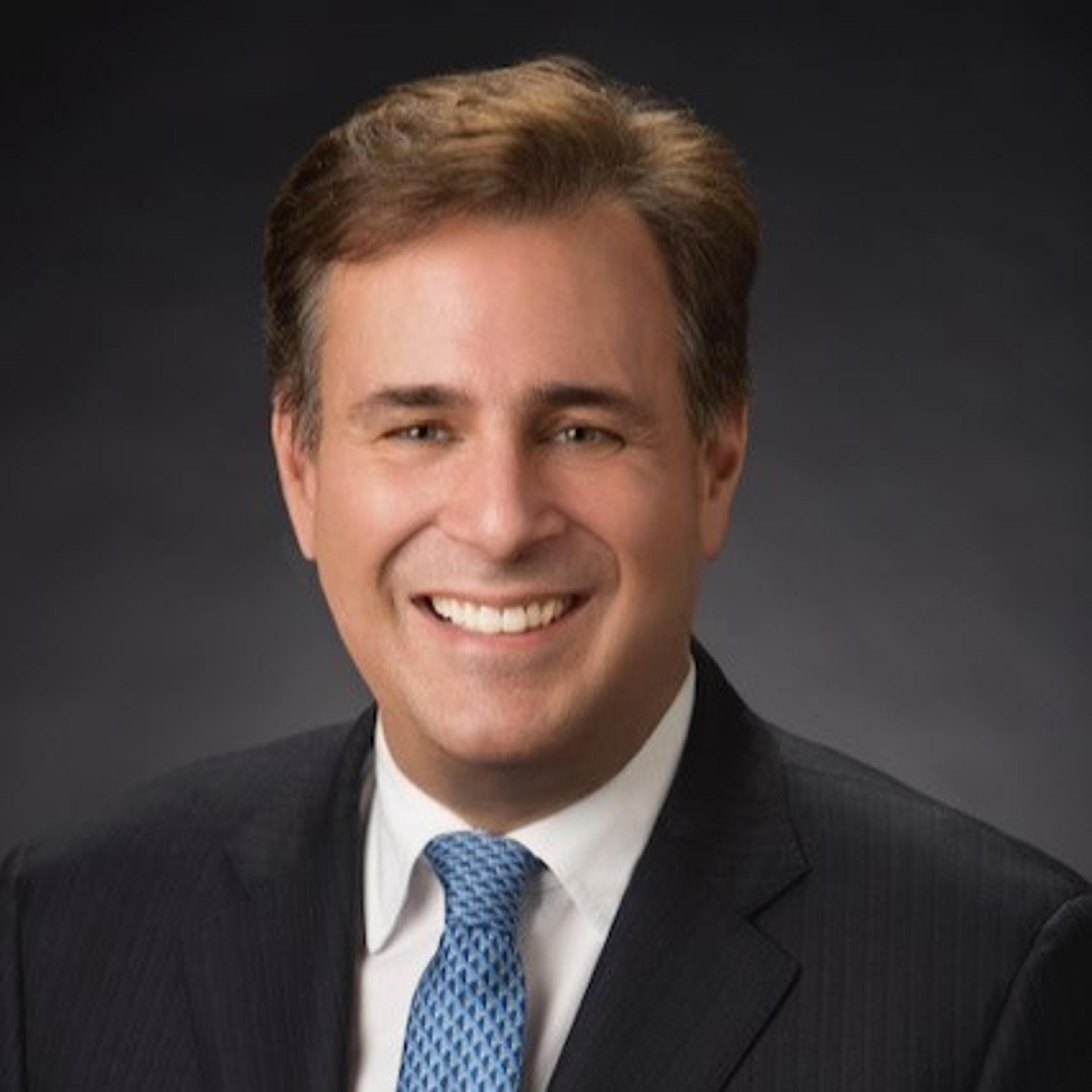Why and How to Boost Your Health Literacy

James Grant, M.D.
| 4 min read
James D. Grant, M.D., is executive vice president an...

Key Takeaways
- Improving health literacy helps individuals avoid misinformation and make informed medical decisions, saving both time and money.
- Understanding how to navigate the health care system empowers patients to use health plans effectively and seek appropriate care.
- Relying on trusted sources, such as government agencies and medical associations, is essential for evaluating health information.
- You started taking a supplement that the health expert in the Instagram video recommended for your health, but it caused you to have chest pain and heart palpitations.
- After spending a lot of time reading through customer reviews, your brother spent several hundred dollars on various devices and mouthpieces to help with his snoring, yet none has worked.
- Your friends began alternative therapies after reviewing online information. After paying out of pocket because those therapies are not covered by their insurance, they racked up additional costs in doctor visits and lab work because the alternative therapies did not help their chronic condition.
Each of these scenarios can be avoided, with awareness and understanding of how to use health information to make careful decisions. That's why improving our health literacy is so important.
What is health literacy?
Health literacy is the ability to identify, evaluate and understand health information, and apply that knowledge to make informed choices for your health care. Strengthening your health literacy helps you better manage your health and your health costs.
For example, with better health literacy, you are better able to recognize uncredible sources and health claims that are too good to be true. With better health literacy, you may identify health information that uses reliable medical research rather than opinions and surveys passed off as research.
Additionally, understanding health information and health care enables you to use the heath system and the benefits of your health plan wisely. This helps you get the health services you need at the right time and in the right setting. And that can prevent unnecessary and costly use of the health system.
Misinformation, scams and questionable experts
Health misinformation is prevalent throughout various forms of media, particularly social media channels. A 2024 study showed that two in every three people are aware of misinformation but have trouble discerning what is misleading and what is not.
In a 2023 KFF survey about health misinformation, respondents were given a series of false health statements. The majority of respondents were unsure if the statements were definitely true or definitely false.
By developing health literacy skills, you are better equipped to recognize false claims or uncredentialled influencers and use trustworthy sources to verify information.
Wise use of the health care system
Improving health literacy also helps you navigate an often-confusing health care system and to make confident choices about your health care. Here are several benefits that come from stronger health literacy:
- Asking questions. When you feel comfortable asking questions, you will get more personalized information which helps you make more informed decisions.
- Understanding instructions. This helps you correctly take medications and follow your care plans, so you get the right care.
- Using your health plan. When you understand health plan terminology and benefits, you can use your coverage more efficiently and better avoid uncovered costs.
- Navigating sites of care. With stronger health literacy, you are better able to discern where to go for different types of care, such as primary care vs. the emergency room. Getting the most appropriate care in the most appropriate setting saves you time and money.
Good sources for boosting health literacy
For health and medical advice, first talk with your primary care provider. Your health care provider knows you, understands your health situation, and can offer personalized guidance.
To increase your health literacy, here are several trusted, reliable resources for learning more about health care and the health care system:
- Government health websites, such as: National Institutes of Health, U.S. Centers for Disease Control and Prevention and Medline Plus
- Medical associations, such as: American Medical Association and American Academy of Pediatrics
- Health organizations, such as: American Cancer Society, American Heart Association and American Diabetes Association
And remember when reviewing health information online or in other formats, make sure the information is recent/current and that it is reviewed or validated by medical professionals.
Image: Getty Images
Related:





